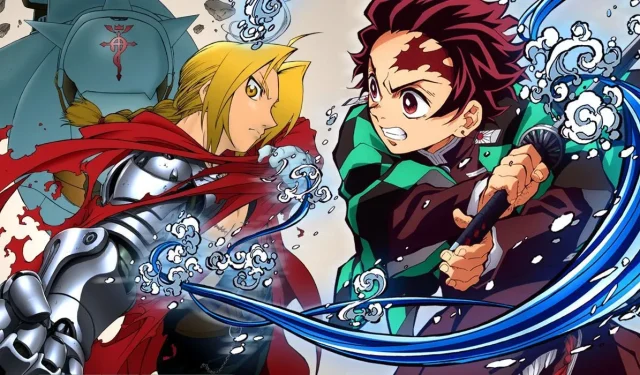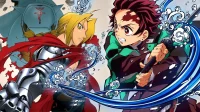Anime serves as a rich landscape brimming with captivating narratives, memorable characters, and deeply emotional arcs. Notable series like Fullmetal Alchemist and Demon Slayer illustrate this point spectacularly. Fans worldwide have a penchant for certain enduring tropes, from exhilarating tournament arcs to mightily overpowered heroes. Yet, among these, the older brother trope resonates profoundly, often functioning as the emotional heart of many storylines. This trope encapsulates themes of sacrifice and heroism, driving compelling narratives forward.
The older brother narrative, characterized by an elder sibling’s willingness to protect or fight for their younger counterpart, is frequently highlighted in the most iconic anime stories. For instance, Edward Elric’s quest to reverse the effects of alchemy on his brother Alphonse’s body, or Tanjirō Kamado’s relentless pursuit to save his sister Nezuko from her demon fate, strike a deep emotional chord. Such narratives are not merely popular; they are pivotal in shaping some of anime’s finest storytelling. But what makes this trope so effective?
Brotherhood and Sacrifice: The Emotional Core of Great Anime
Why Demanding Choices Make Demon Slayer and Fullmetal Alchemist Stand Out
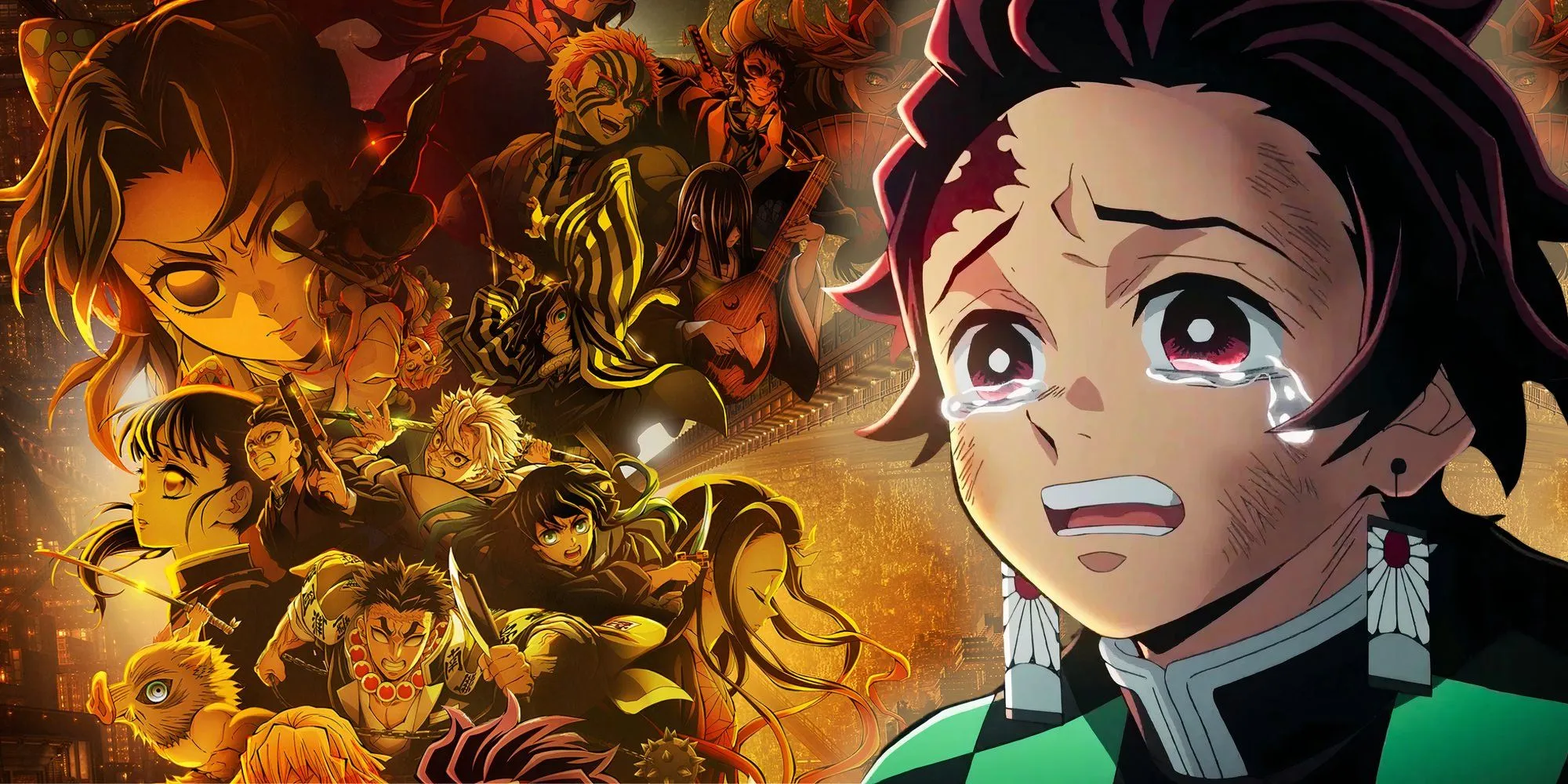
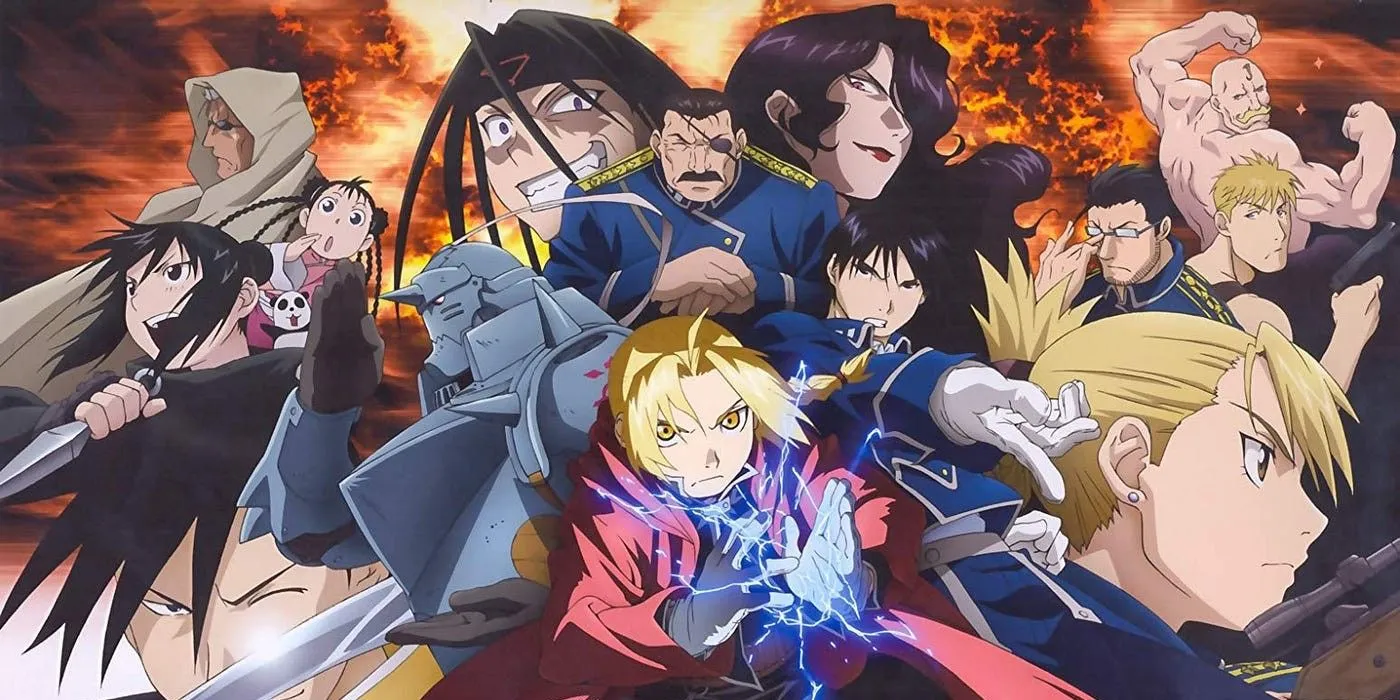
At the essence of this older brother trope is the fundamental human bond of family. Anime deftly explores varied family dynamics, where the older brother’s role highlights the depth of emotional sacrifice involved. In Fullmetal Alchemist: Brotherhood, Edward Elric’s narrative is not fueled by vengeance or fame but rather by his desperate wish to amend a past mistake that deprived his brother, Alphonse, of his physical form. This heavy burden anchors Edward’s character, casting his guilt, determination, and selflessness as the bedrock of the series’ emotional landscape.
Similarly powerful emotions drive Demon Slayer: Kimetsu no Yaiba. Tanjirō’s unwavering loyalty to his sister Nezuko, the only remaining survivor of their family’s brutal massacre who has been turned into a demon, becomes the narrative’s emotional centerpiece. Instead of succumbing to despair or annihilating her, Tanjirō dedicates himself to finding a cure and safeguarding her, creating a heartfelt story of familial devotion that transcends mere demon-hunting tropes.
This trope resonates because it elevates the narrative beyond external conflicts, focusing instead on the internal struggles surrounding what these brothers would sacrifice for their siblings. Their sacrifices carry weight, richly portrayed through authentic love that feels timeless and inspiring.
Responsibility and Coming-of-Age Narratives
Understanding the Connection Between Older Brothers and Coming-of-Age Themes
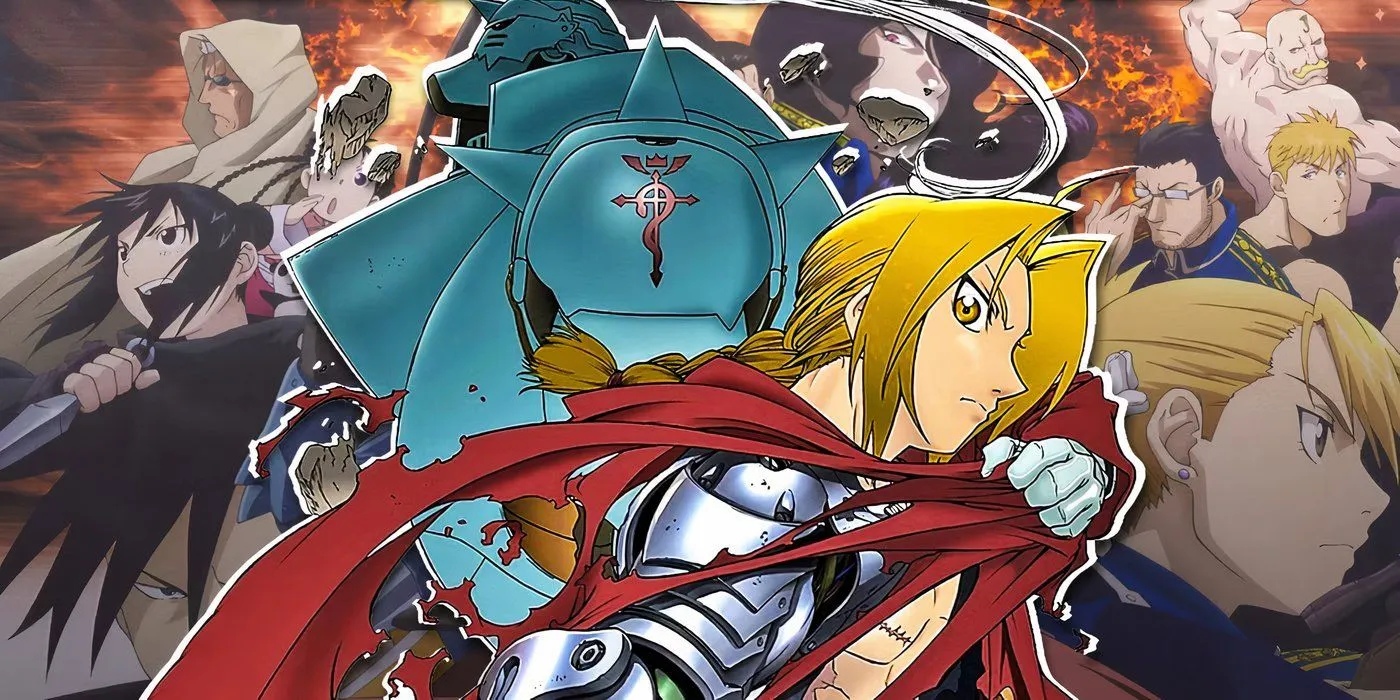
The older brother trope also seamlessly intersects with the coming-of-age themes prevalent in many anime narratives. In these stories, older brothers are often thrust into formidable responsibilities before they are fully prepared—notably seen in Edward Elric’s transformation into a State Alchemist. His choice stems from a desire to save Alphonse, pulling him into a journey fraught with loss and complex moral dilemmas that ultimately shape his maturation into a worthy elder sibling.
In tandem, Tanjirō’s role as Nezuko’s protector catalyzes his emotional and physical growth. He grapples not only with the formidable task of battling demons but also with navigating a morally ambiguous world where foes may also be victims. Unlike many shōnen heroes whose aspirations center on strength or fame, Tanjirō’s purpose is grounded in empathy and responsibility. This evolution makes his character arc feel authentic and impactful.
The overarching message in these narratives resonates universally: growing up often entails self-sacrifice for the welfare of others. The older brother becomes emblematic of this transitional phase, requiring strength not for personal glory but rooted in love. This emotional growth elevates the genre, offering fans more than just thrilling action sequences.
Redefining Strength: Finding Power in Vulnerability
Challenging Traditional Masculinity Through Emotional Depth
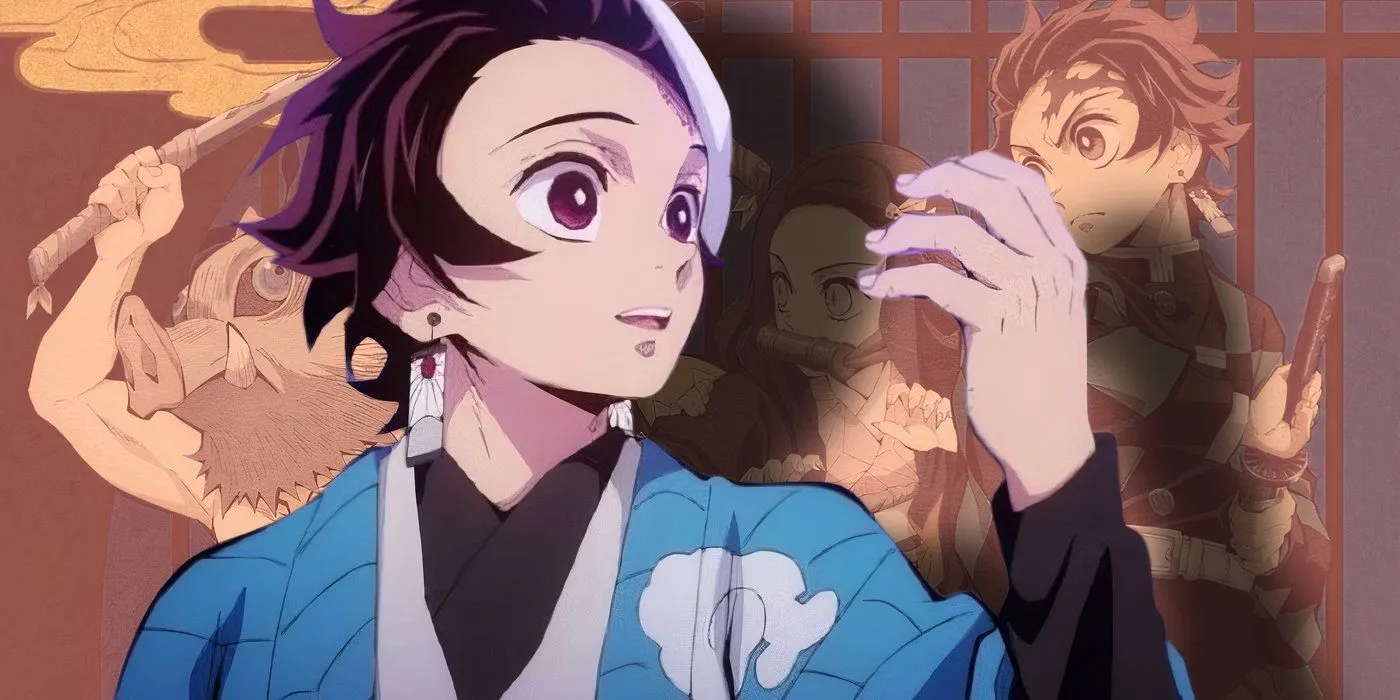
Another compelling aspect of the older brother trope is its ability to redefine what strength signifies within the anime genre. In a field often dominated by hypermasculine ideals, these narratives illustrate that genuine strength derives from vulnerability, empathy, and love. Both Edward and Tanjirō showcase a depth of emotion; they cry, grapple with self-doubt, and express their fears openly. Rather than rendering them weak, these characteristics render them relatable, human, and ultimately heroic.
The bond between Edward and Alphonse is a beautiful depiction of tenderness wherein they share banter, lean on one another during tough times, and demonstrate that genuine strength does not necessitate emotional detachment. Likewise, Tanjirō’s sensitivity and compassion extend even towards the demons he battles, showcasing a unique type of bravery that hinges on kindness rather than aggression.
These portrayals contest conventional depictions of heroism. Instead of being stoic warriors, these brothers confront challenges propelled by profound care for one another. Their conflicts transcend mere physical skirmishes; they evolve into emotional conflicts. In doing so, these series present a healthier and more nuanced depiction of masculinity—one that esteems emotional honesty alongside courage.
The Enduring Appeal of the Older Brother Trope
What Keeps Fans Returning to Fullmetal Alchemist and Demon Slayer?
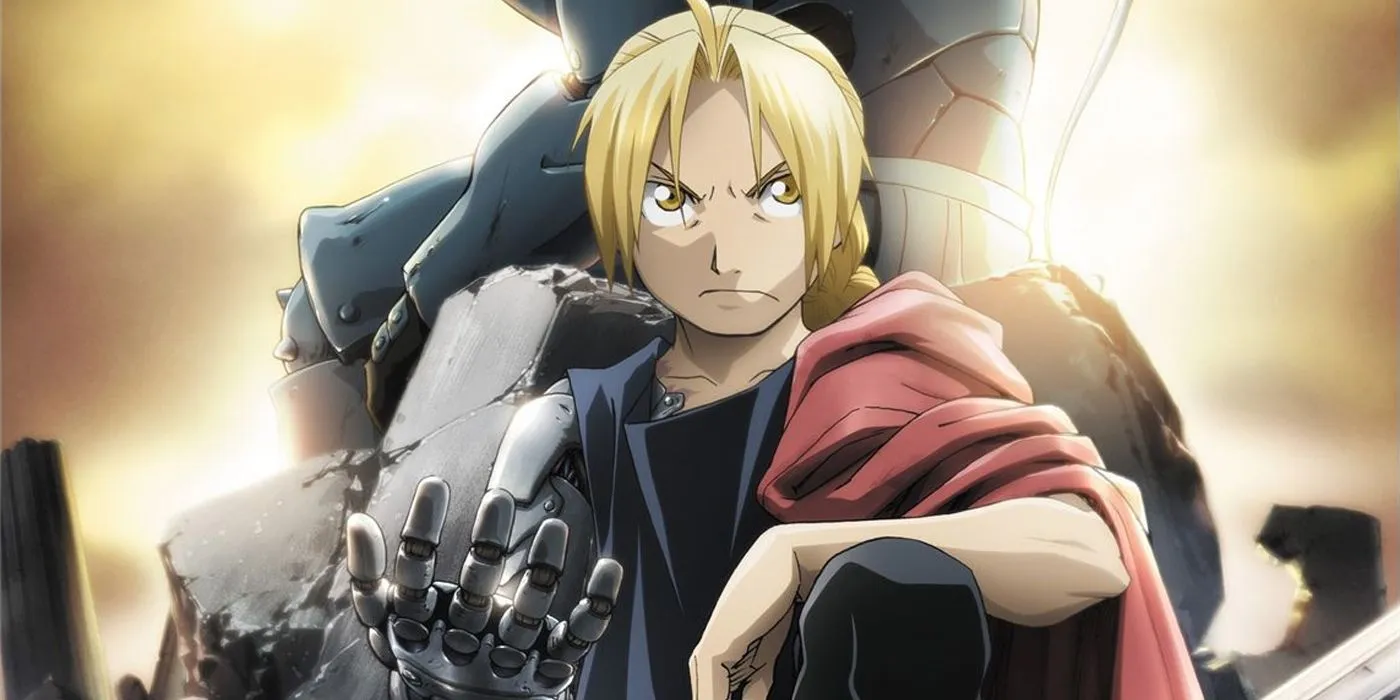
So, why does the older brother trope persist in anime? The answer is straightforward: it connects to a deeply human instinct. The desire to protect a beloved individual at any cost is a sentiment that transcends cultures, languages, and genres. Whether the setting is one of alchemy or supernatural combat, the emotional core remains unchanged. It speaks to our innate desire to serve as a shield for those we care for, bearing burdens willingly—not out of obligation, but because love compels us to do so.
Anime enthusiasts are drawn to this trope not solely for thrilling confrontations or climactic stakes; they seek stories steeped in compassion and selflessness. It underscores the notion that true strength manifests not in dominating others, but in steadfastly supporting those we love. This profound message resonates timelessly.
Beyond Edward Elric and Tanjirō Kamado
Exploring the Broader Landscape of the Brotherhood Trope in Anime
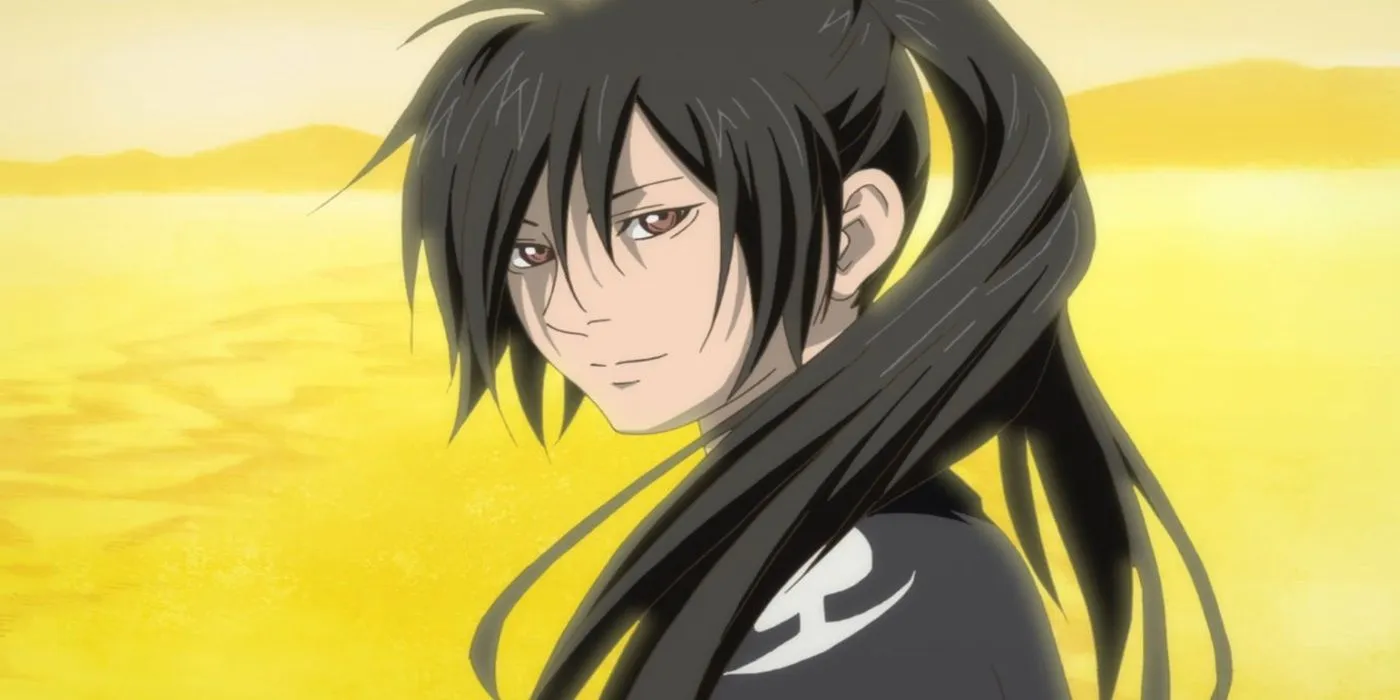
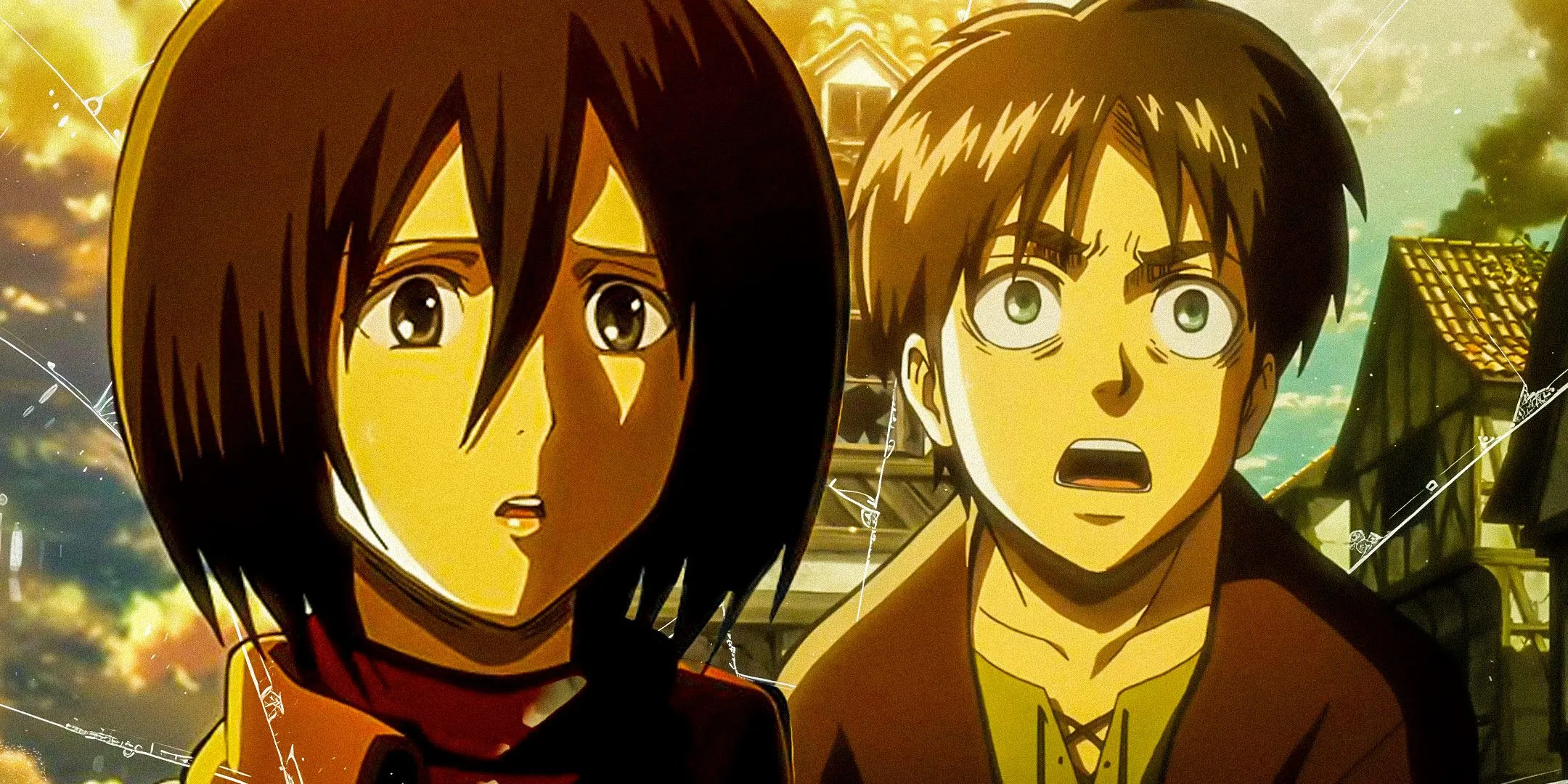
While Fullmetal Alchemist and Demon Slayer set high standards for this trope, they are far from the only series utilizing this narrative successfully. In Attack on Titan, an inversion of the trope is showcased through Eren Yeager and Mikasa Ackerman. Although Mikasa is not a biological sibling, she embodies the protective role characteristic of an older sister. Additionally, in Blue Exorcist, Rin Okumura wrestles with his dual existence as the son of Satan while striving to protect his brother, Yukio, who is marked by a colder, more pragmatic disposition.
Even in less mainstream selections, the older brother theme enriches emotional depth. A notable example is Dororo, where Hyakkimaru, a young warrior devoid of body parts due to demonic forces, forms a brotherly bond with the young thief, Dororo. Although not related by blood, their bond encapsulates shared trauma, protection, and mutual growth.
Such examples illustrate the versatility and power of this trope. Regardless of biological ties, the essence of the story remains unchanged: a character’s willingness to sacrifice everything for someone they cherish.
More Than a Mere Narrative Device
The Emotional Significance of the Brotherhood Trope
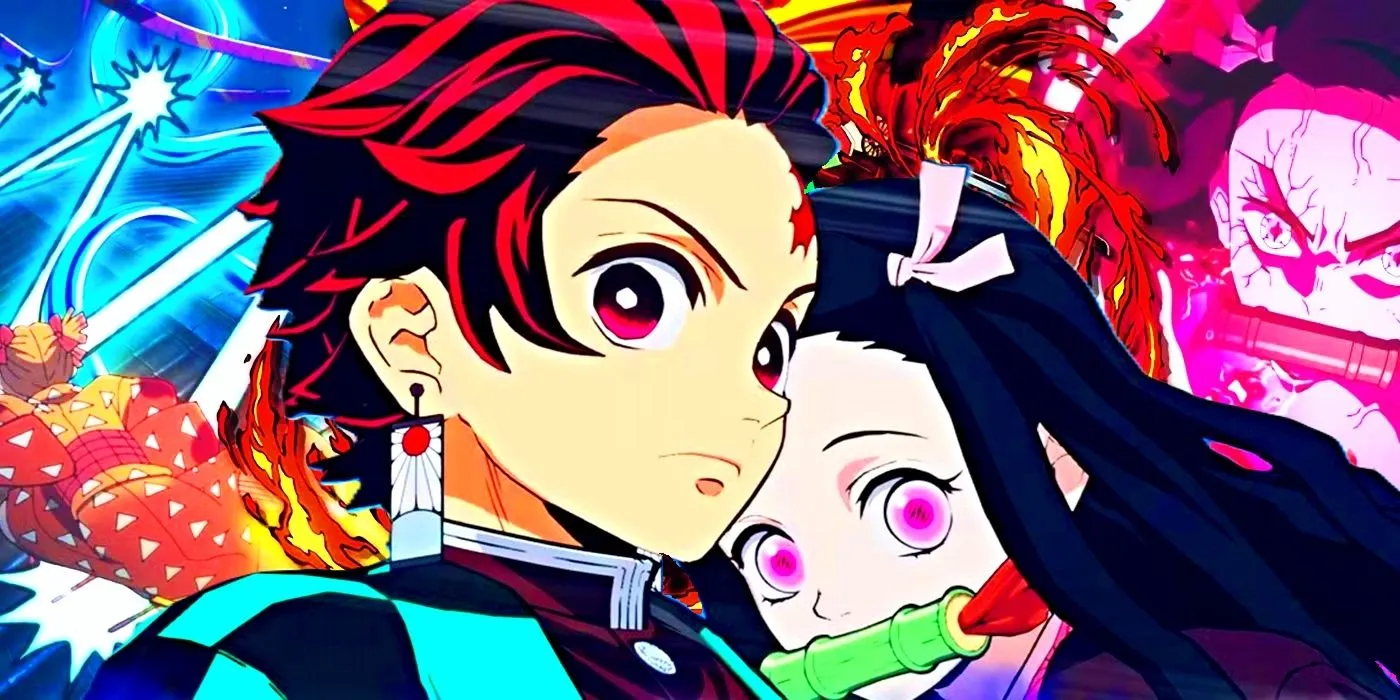
The older brother trope transcends being simply a recurring narrative element; it serves as a powerful exploration of love, sacrifice, and personal evolution. It showcases characters who exemplify both strength and vulnerability, revealing a type of emotional bravery that often surpasses physical capabilities. In a genre where interrelations primarily propel the story, this trope shines as one of the most emotionally impactful.
These narratives remind us what it means to love unconditionally, to protect fiercely, and to grow through adversity. That is why audiences return to these tales, time and again, creating lasting connections with the characters and their journeys.
From Edward Elric’s poignant sacrifice to reclaim his brother’s soul in Fullmetal Alchemist, to Tanjirō Kamado’s steadfastness in preserving his family legacy for his demon sister in Demon Slayer, these stories resonate on a profound level. They illustrate the essence of fierce love, loyal guardianship, and resilience through hardships—explaining why we continuously gravitate towards them.
